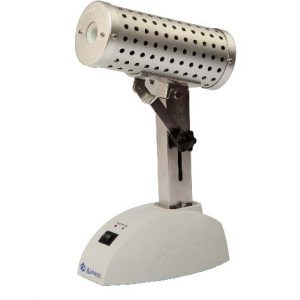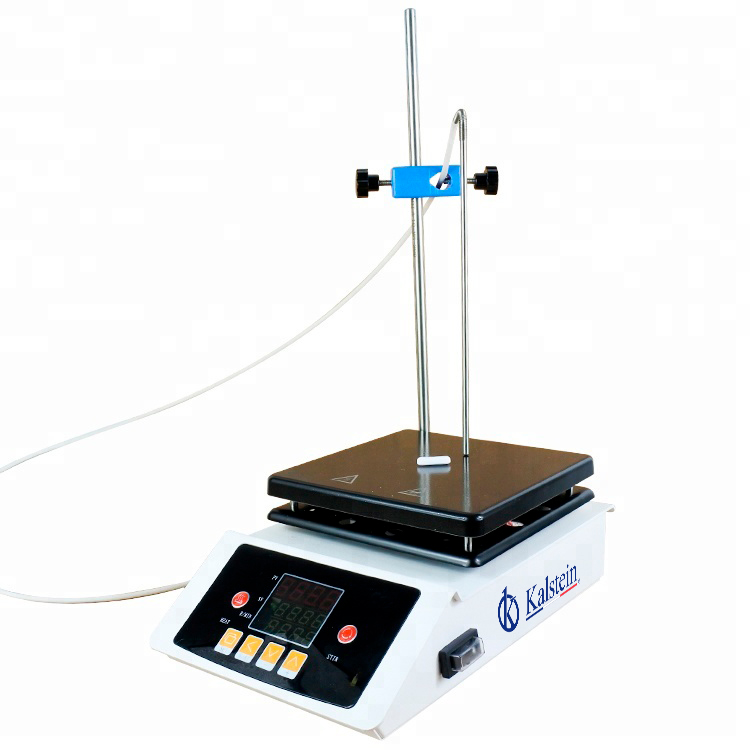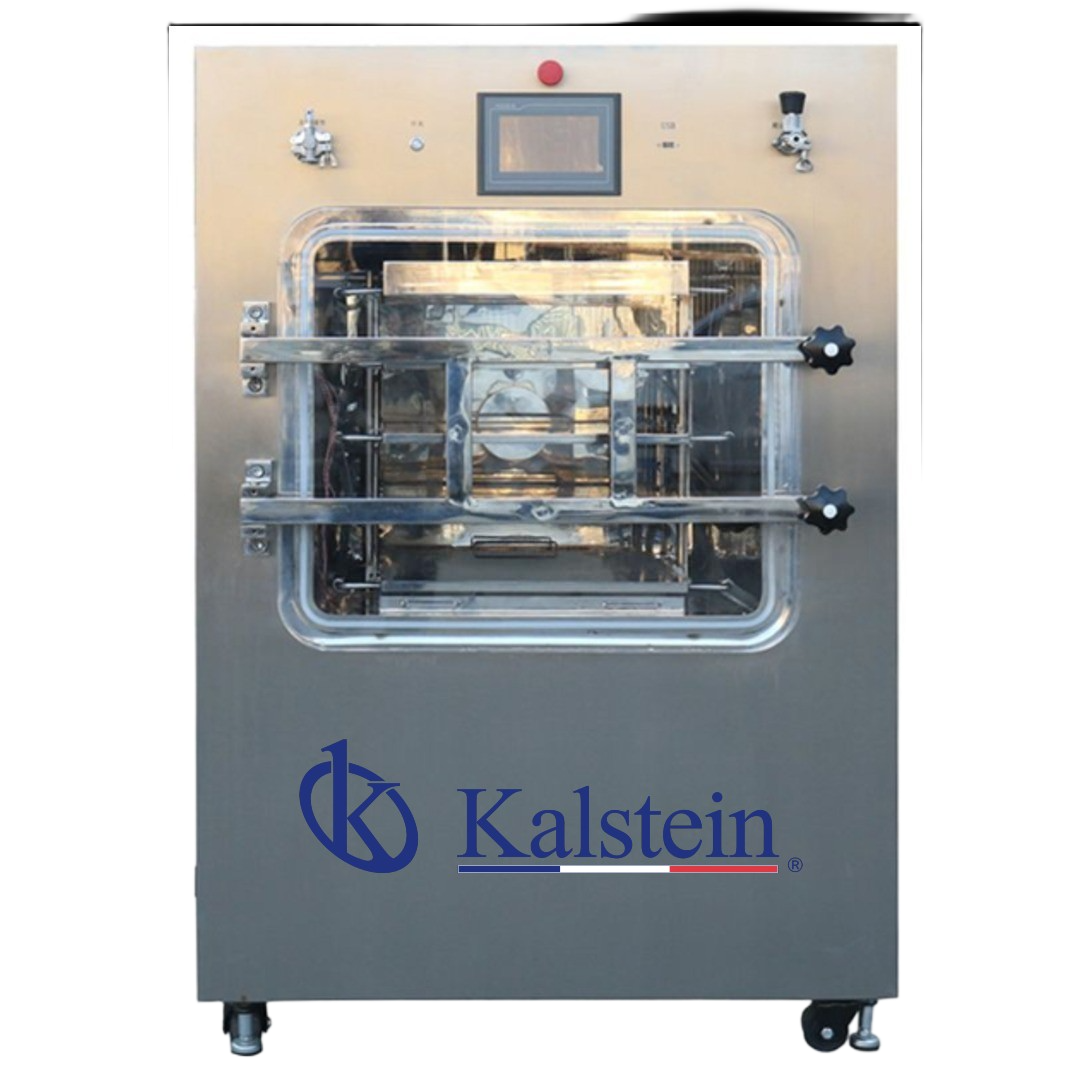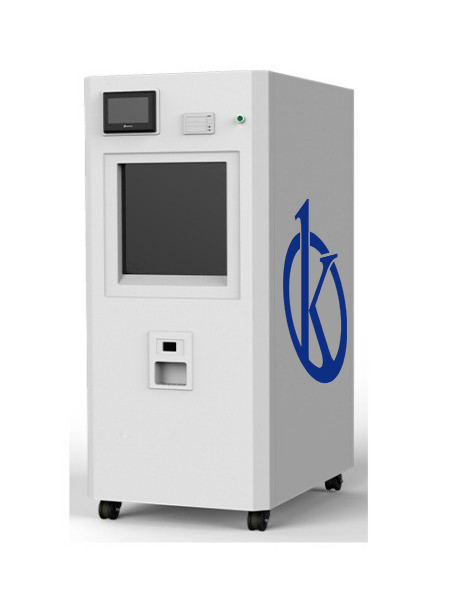It is important to comply with security measures, because it is not only the right way to work, it is the only way to do it. Therefore, working in a laboratory involves the use of equipment and other elements, whose dangers are mandatory to study them to prevent in all aspects. Reflecting on safety measures in the laboratory is a formal requirement, since the risk of accidents such as burns, poisoning, fires or electrical shocks are always present.
In this case, with the use of the Bacticineradores, as equipment used to sterilize microbiological handles by heat and by infrared inside biological safety cabins, they become easy to use, although they are easy to use, do not provide fire, and with resistance to the wind, their use requires measures of care by the operator, since in this way, can avoid irreparable damage.
Safety Measures
The use of lighters is only one of the teams that creates aerosols and risk in laboratories. The use of this type of equipment inside the cabinets causes two problems; the first, they are able to fractionate the air flows inside the cabinets putting at risk the personnel who work. Secondly, it is that serious accidents, including explosions, have been reported.
However, thanks to the correct use of the Bacticineradores, which unlike the lighter, has a cylinder that is superheated and allows the disinfection of culture handles. Most are electric and have the advantage that during the incineration process, the aerosolization of the materials present in the bacteriological loops is prevented.
But for proper use, safety measures must be enforced, including:
- Use your computer in a ventilated work area.
- Insulation supports should be used when inserting handles or injection needles into the resistance.
- The sterilizer is not intended for use with scalpels, forceps or any sharp object. The use of such objects may cause the equipment to malfunction.
- The visual recording of the resistance should be performed periodically to determine if the core is worn, for this, the user should be sure to detect small cracks and accumulation of residues in cold and hot conditions. Those can be seen when the equipment is fully heated, because it shows the cracks of intense orange-yellow. If a defect is observed, the resistor must be replaced before the element malfunctions.
- Inoculation handles and needles should not be allowed to attach to the resistance for long periods of time. This will cause the handle holder to become very hot and increase the wear of needles and handles.
- If the unit maintains the sterilization temperature (800°C) for three hours, set the button to the “Low” position for half an hour, then to the “High” position again. This will increase the lifetime of the resistor. The green indicator light will come on when the switch is in the “Low” position.
Recommendations for Use
Bacticinerators have the advantage that they can be used inside biological safety cabinets, unlike lighters, because they alter airflows and are contraindicated. These devices reach temperatures of at least 800°C, killing microorganisms in the first 5-10 seconds.
The bacteriological loop is the tool used in the exercise of microorganisms to change an inoculant agent taken from the stock solution to a new culture medium. To do this, the loop is heated to red hot to disinfect and, when it has cooled, a sample of the desired bacterial culture is taken. The amount of inoculum depends on the diameter of the filament ring. The sample is then seeded on a plate, passing the zigzag loop across the surface of the crop.
It can be widely used in biosafety booths, avoiding contamination in procedures that require sterile environments.
Bacticinerator brand Kalstein
At Kalstein, we are manufacturers and we are committed to offering you the best equipment, with the best technology for our users to operate the best devices internationally. In this case, we bring you the Bacticinerator, corresponding to the YR series, in charge of sterilizing needles, handles and mouths of culture tubes in five to seven seconds at an optimal temperature of 815.6 °C (1500 °F).
For more information click HERE




